Denmark’s Anders Antonsen, while being one of the most talented and exciting players of this generation, also happens to be one of the most unpredictable. It is this battle against his own self that has so far prevented the 22–year–old from coming up with a breakthrough performance.
By Bikash Mohapatra. Photos: Badmintonphoto
Anthony Ginting (pictured right) had won not a single title for 17 months. Absolutely nothing!
He made it to the decider in half a dozen tournaments in 2019, no doubt, but the inability to cross that final hurdle ensured that both the player and his fans would be left disappointed each time.
The Indonesian is one of the most consistent players on the BWF World Tour. However, that consistency doesn’t necessarily translate into something more tangible (read: trophies).
In the final of the 2020 Indonesia Masters, the 23-year-old Ginting faced a player who had his maiden tryst with success at the Istora Gelora Bung Karno. A surprise win over the top-ranked Kento Momota in the 2019 final in Jakarta had not only handed Anders Antonsen (pictured left) his first title of note but also heralded a transition – from being just another player on the circuit to being one to watch for in the big leagues. The Dane followed up that success with other notable performances to end 2019 as one of the top five players on the tour.
Antonsen was seeded higher than Ginting last week in Jakarta and, as expected, got off the blocks faster than his opponent. The first game went to the Dane (21-17) and he seemed well on course to defend his title, meaning the home favourite was staring at another final defeat. Then there was a twist in the tale.
By his own admission, Antonsen “was not able to keep my level high” even as Ginting “was playing better and better.” Cut back to the 2019 final in Jakarta and the narrative was similar, albeit with a different ending. While the Dane took little time in getting off the blocks, a patient Momota came back into the contest by winning the second game. However, Antonsen did find his groove back in the third, something he failed to do this year.
In fact, these two finals at the Indonesia Masters sum up the Dane’s progression in the last year. While on occasions he is at his aggressive best, dictating play and being tactically superior, on others he simply loses the plot. Bluntly put, the 22-year-old has over the last one year failed to make the many opportunities count, after having worked hard to create them in the first place.
Antonsen’s maiden Super 500 title happened because he was courageous enough to draw Momota into a net battle, and thereafter flummox his opponent with subtle deception and variation. The Japanese star was given a taste of his own medicine. This year, as the match went on the Dane seemed more and more clueless, seemingly taking a leaf out of Ginting’s book when it comes to having a fumble in a final.
In fact, Antonsen seems to have taken the whole book from Ginting. The Dane’s record in the finals over the last year has been anything but impressive, and that is putting it mildly. It is also in sharp contrast to his formative years, when he won a clutch of lower rung events, between 2015 and 2016. Following his triumph in Jakarta, Antonsen also made it to the final in Spain, only to come up short against compatriot Viktor Axelsen.
Back in Indonesia in July, on this occasion for a bigger tournament (Super 1000), the 22-year-old benefitted from the retirement – due to injury – of Shi Yuqi, who had easily beaten him in both the opening round at the All England in March, and in the second round of the Malaysia Open in April. It was disaster striking Shi in the opening game of their second round clash, that allowed Antonsen to reach the final.
It is imperative here to state that Indonesia Open was the only major tournament last year where Momota lost early. It was a glorious chance for Antonsen to pocket his maiden Super 1000 title. Suffice to say Chou Tien Chen was the more determined of the two finalists.
A month later, the Dane was impressive at the BWF World Championships in Basel, Switzerland. Despite having beaten Chen Long only once in their six previous meetings, Antonsen was undaunted, eventually getting the better of the two-time world champion in the quarter-finals. A straight-game win over Thailand’s Kantaphon Wangcharoen in the semis and the 22-year-old was one step away from making a huge statement.
That he was beaten by the defending champion was anything but surprising. That he didn’t put up a fight was. In all his previous meetings with the world #1, the end result notwithstanding, Antonsen had made it tough for Momota. On this occasion he gift-wrapped the title for his illustrious opponent.
The hugely lopsided score-line (21-9, 21-3) in the final probably had as much to do with the unpredictable nature of the player as it had to do with the stature of his opponent. Truth be told, on any given day, Antonsen has the game and the weapons to beat any of the world’s best players – and that by no means is undermining the talents of his opponents – if he does not let his excitement and fickleness get the better of him. Mind you, in his case it is a big IF.
That meek surrender to Momota in Basel was flanked by the win at the Indonesia Masters and another three-game affair against the Japanese ace in the year-ending World Tour Finals. Antonsen is definitely among the only two or three players of the current lot that Momota doesn’t enjoy playing against. And that is a distinction that not even Viktor Axelsen, himself a former World Champion, can boast of.
Likewise, after losing to Chou Tien Chen in the aforementioned Indonesia Open final, Antonsen beat him in straight games in the following Super 1000 tournament in China. The Dane’s frequent face-offs over the last year or so with Asian Games gold medallist Jonatan Christie – a series that the Indonesian leads 4-3 –has the makings of a genuine modern day rivalry, something that badminton’s men’s singles discipline so desperately needs.
While he can beat the best in business, the fact is that when Antonsen plays, it is not only about his opponent for the day. It is also a lot about him. The latter aspect perhaps explains why he has failed to make his opportunities count, and why the only other thing he won following that title in Jakarta last January was the gold medal in the European Games in June – a field where the next best players were Dutchman Mark Caljouw and French veteran Brice Leverdez, whom the Dane bested in the final albeit after dropping the second game.
It is this element of uncertainty that makes Antonsen one of the most exciting players of this generation and a pleasure to watch. At the same time it is also something that ensures his fans bite their nails, if not have a nervous breakdown, every time he steps on court.
The innate talent the 22-year-old possesses has already ensured him many breaks (read chances) and will certainly bring him many more that will help him stay afloat. Having said that, the unpredictable nature of his game means he is yet to make that major breakthrough. Whether he can manage to address it remains to be seen but for someone who aspires to be the #1 player in the world it is for sure a big deterrent.
![Antonsen, and the element of uncertainty Denmark’s Anders Antonsen, while being one of the most talented and exciting players of this generation, also happens to be one of the most unpredictable. It is this battle against […]](http://www.badzine.net/wp-content/uploads/ngg_featured/20200119_1818_IndonesiaMasters2020_BPJS7421_rotator.jpg)
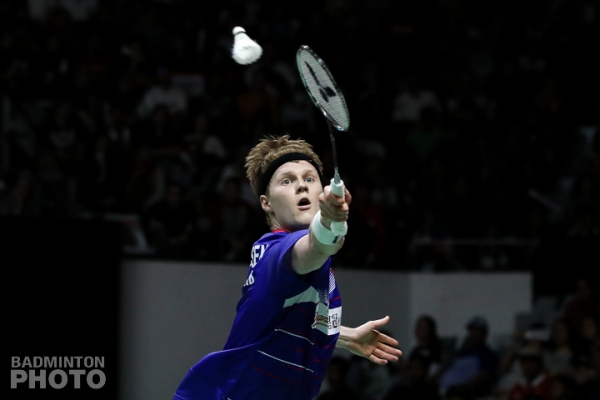
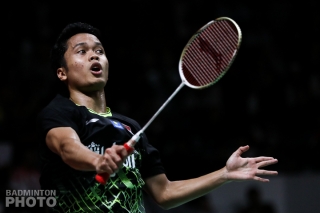
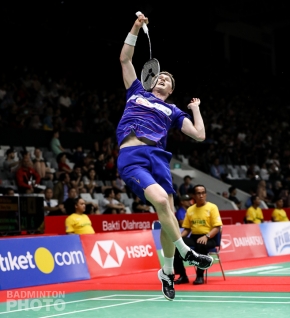
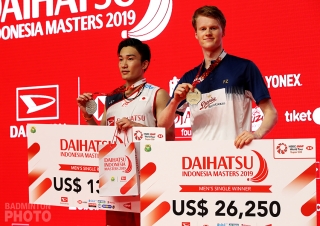
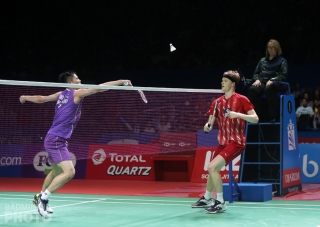
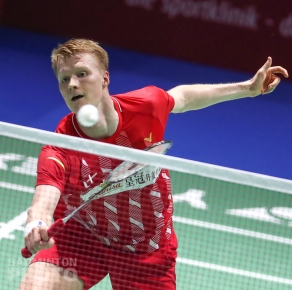
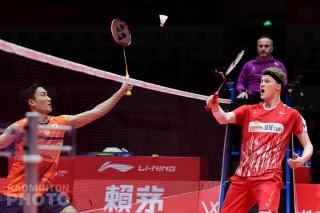
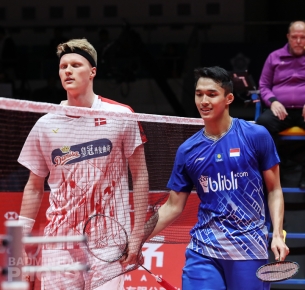
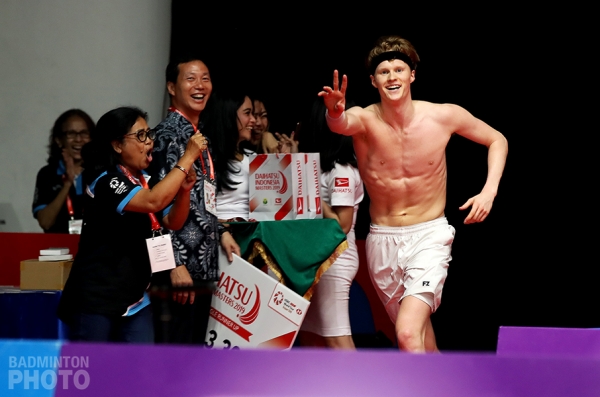


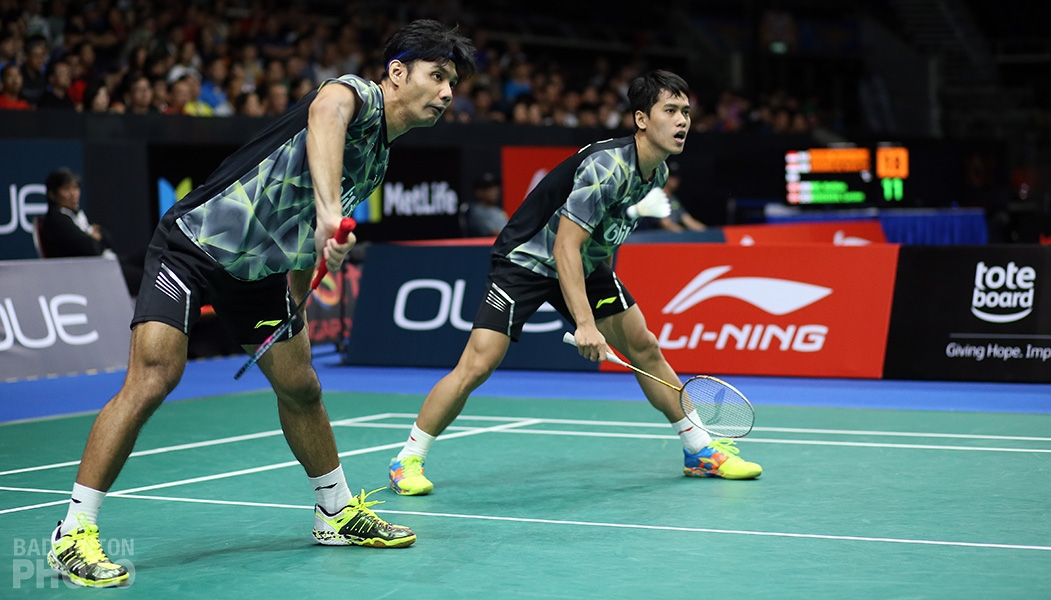
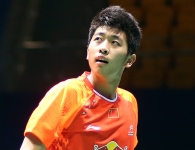
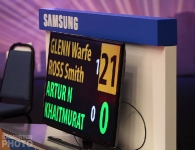


Leave a Reply